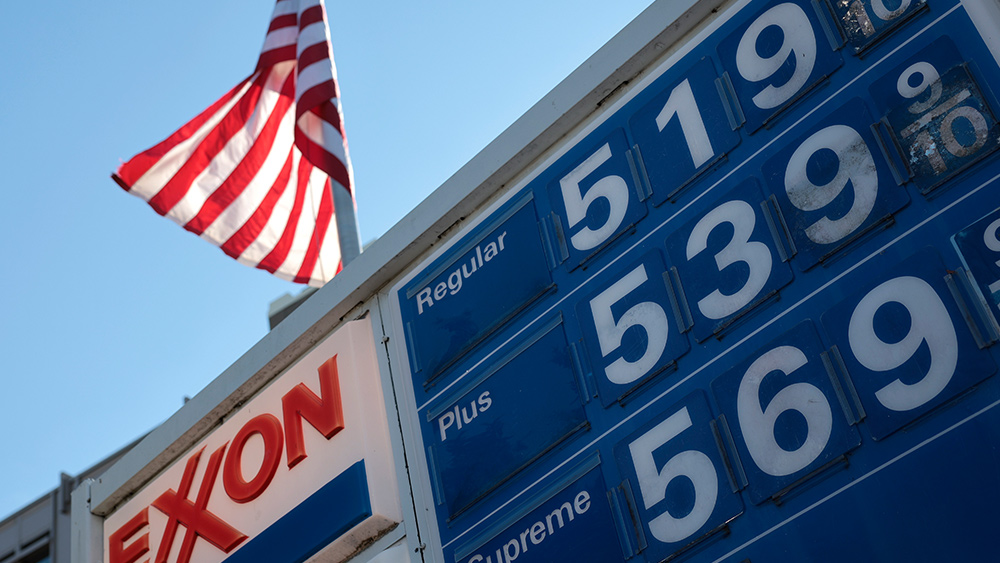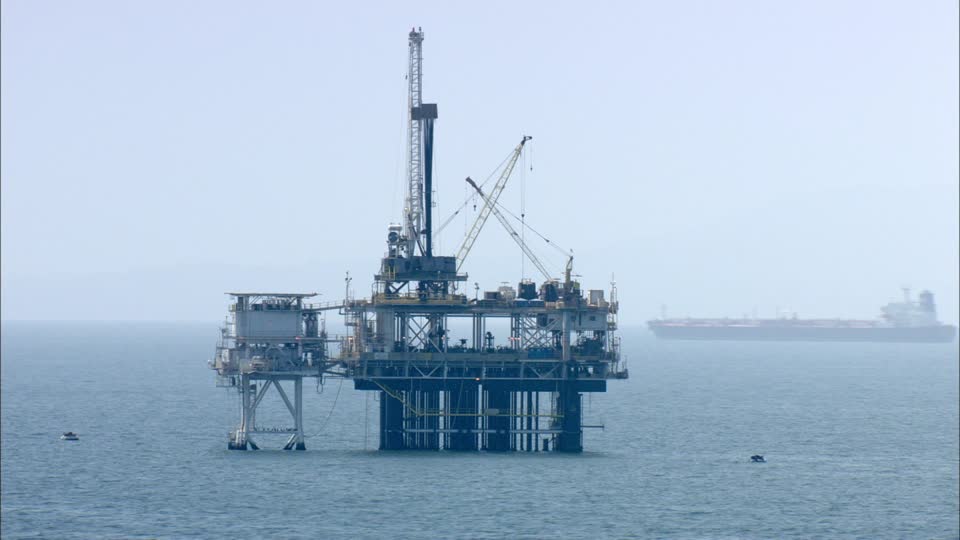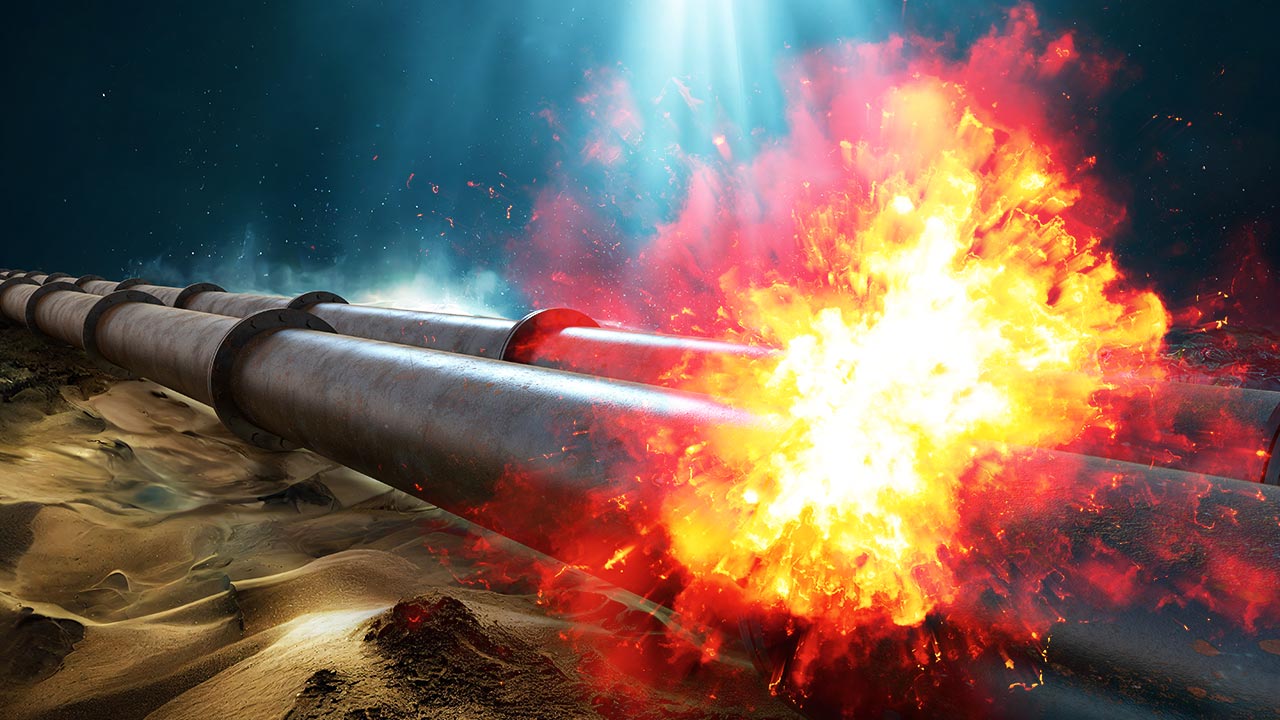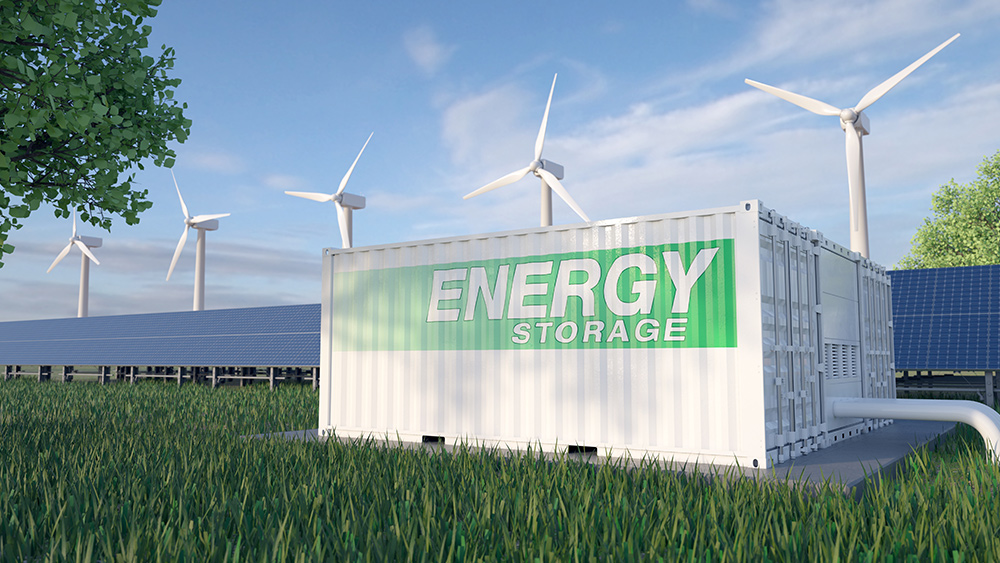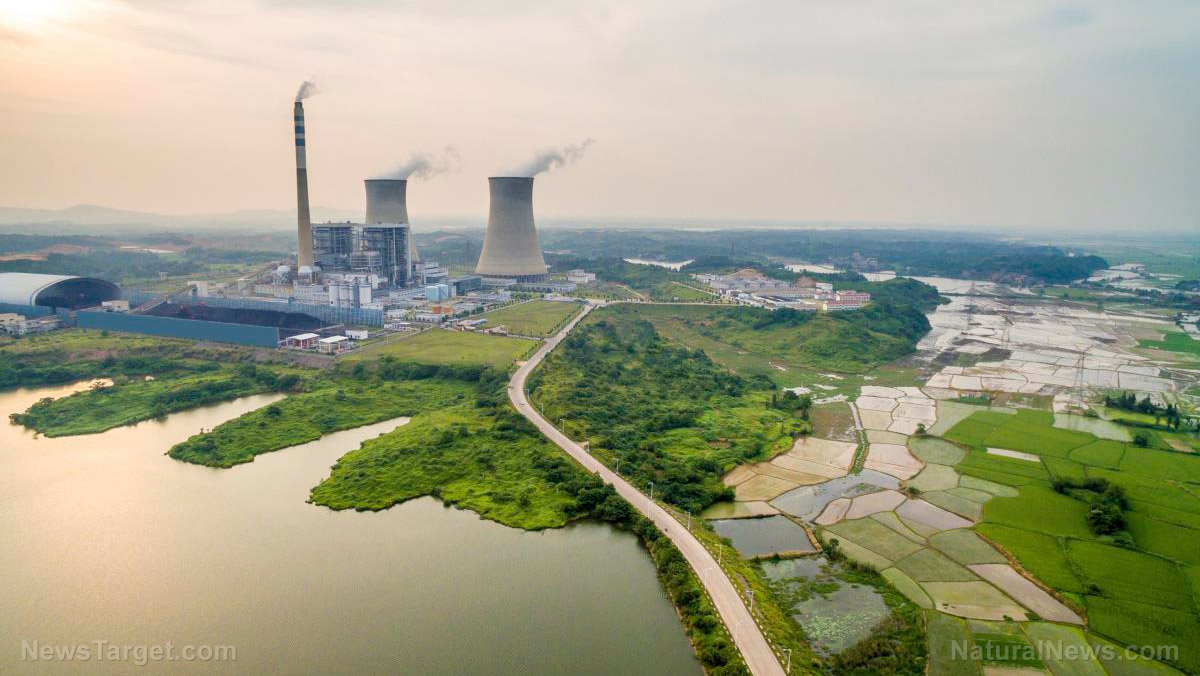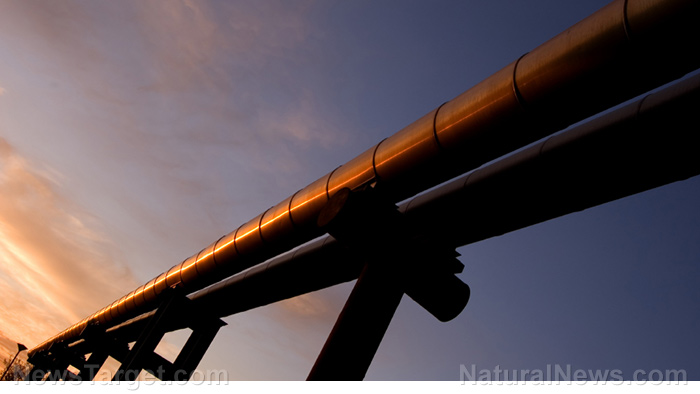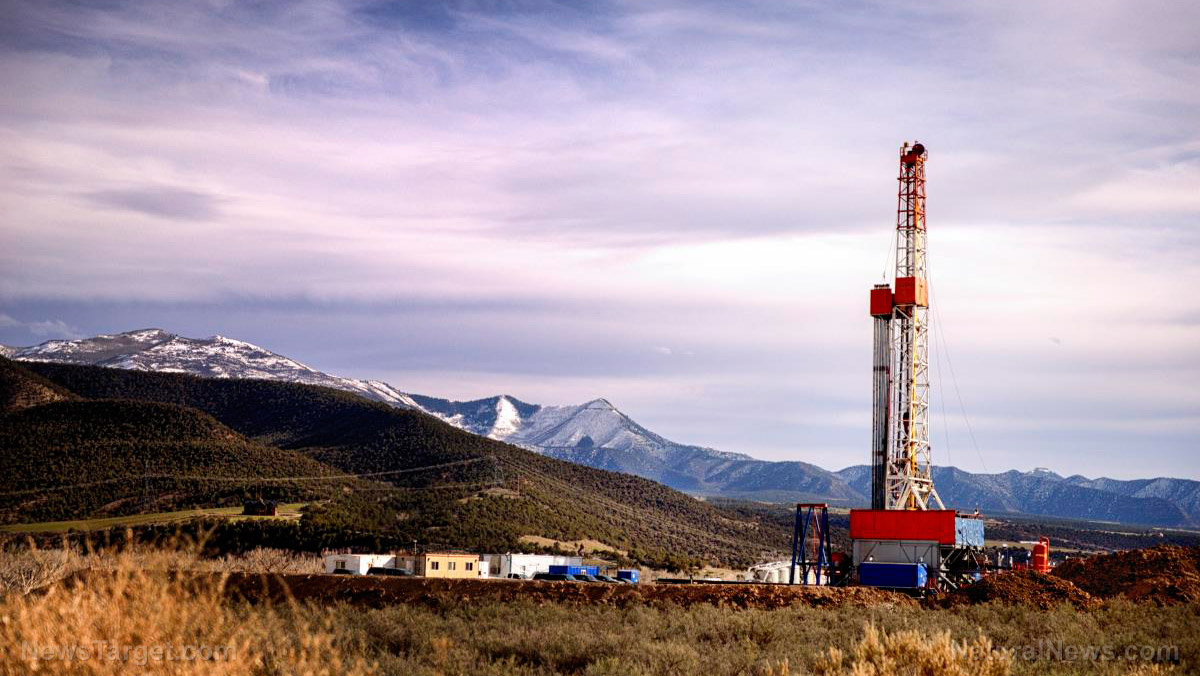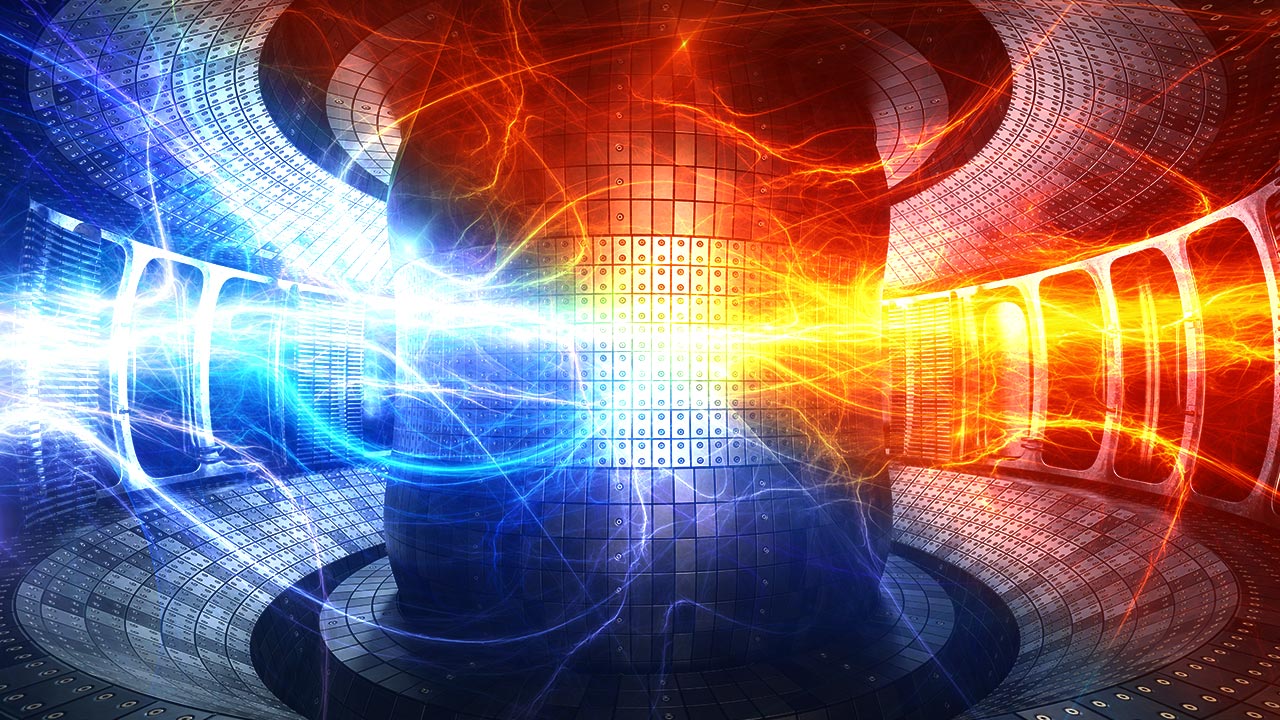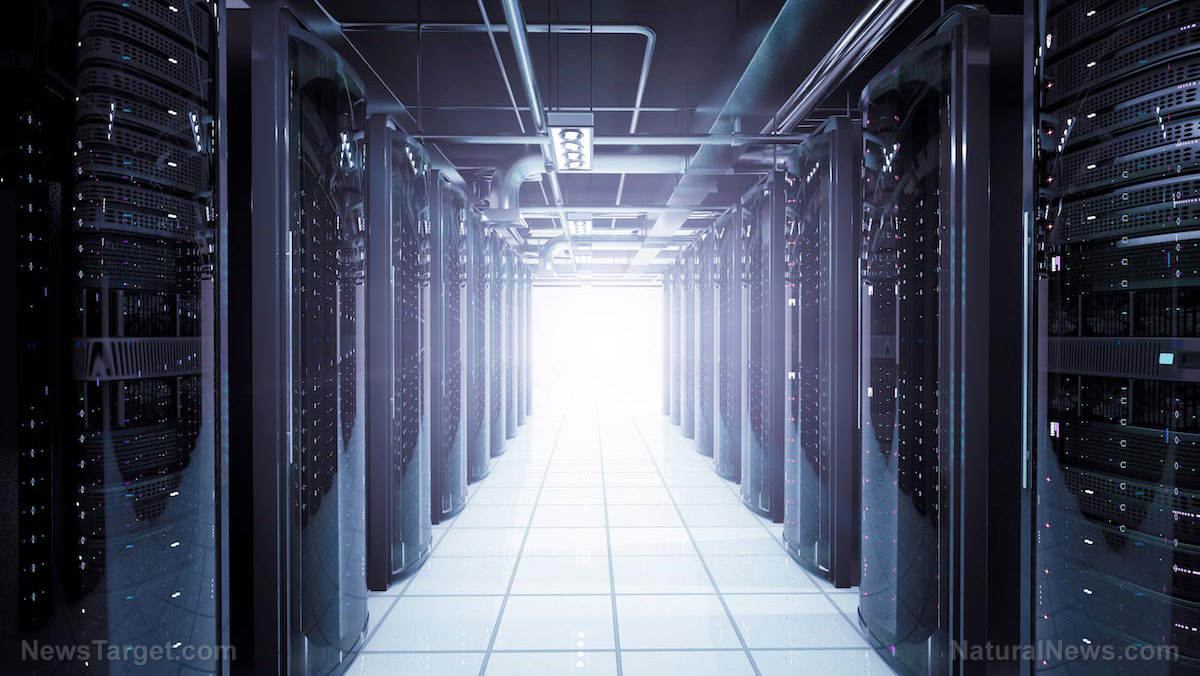Germany’s energy regulator calls on households and businesses to conserve more as potential shortages loom
01/08/2025 / By Ava Grace

- Germany faces a severe energy crisis driven by increased gas consumption and the fallout from cutting ties with Russia, its former primary gas supplier.
- The destruction of the Nord Stream pipelines in 2022 further crippled Germany’s energy infrastructure, forcing the country to rely on costly alternatives like LNG imports and pipeline gas from Norway, Belgium and the Netherlands.
- Economic consequences are dire, with Germany entering a recession in 2023 and forecasting a 0.2 percent GDP contraction in 2024, as industries struggle with soaring energy prices, leading to shutdowns and bankruptcies.
- Germany’s energy regulator warns of potential gas shortages, urging households and businesses to reduce consumption by 20 percent to avoid supply disruptions and further price hikes, despite gas storage facilities being 80 percent full.
Germany, once Europe’s industrial powerhouse, is now grappling with an energy crisis that threatens its economy and the comfort of its citizens.
The Federal Network Agency (Bundesnetzagentur), Germany’s energy regulator, has warned that households and businesses must reduce gas consumption to avoid potential shortages and skyrocketing prices.
This plea comes as the country’s gas usage has surged by 5.8 percent from October to December 2024 compared to the same period last year, with industrial consumption spiking by 9.1 percent. While households and small businesses saw a more modest increase of 1.9 percent, the overall trend is alarming.
The agency attributes the rise in consumption to colder weather, but the underlying issue runs much deeper. Germany’s energy woes stem from its decision to sever ties with Russia, its former primary gas supplier, following the escalation of the Ukraine conflict in 2022.
Before the war, Russia supplied over 55 percent of Germany’s natural gas, a relationship that former Chancellor Angela Merkel recently defended as a “win-win situation.” Merkel argued that Russian gas was not only reliable but also affordable, a stark contrast to the current reality of soaring energy prices and economic instability. (Related: Germany’s economic woes: A leftist leadership’s legacy of decline.)
The destruction of the Nord Stream pipelines in September 2022 dealt a devastating blow to Germany’s energy infrastructure. These pipelines, which transported Russian gas directly to Germany via the Baltic Sea, were rendered inoperable by suspected Ukrainian saboteurs.
Since then, Germany has scrambled to diversify its energy sources, turning to Norway, Belgium and the Netherlands for pipeline gas and investing heavily in liquefied natural gas (LNG) imports from the United States. However, these alternatives come at a steep cost. LNG, in particular, is far more expensive than Russian pipeline gas, and the infrastructure needed to process it – such as the LNG terminals currently under construction in northern German ports – is still in its infancy.
Energy crisis negatively affecting Germany’s economy
The economic fallout has been severe. Germany’s economy slipped into recession in 2023, and the government has revised its GDP forecast for 2024 to a further contraction of 0.2 percent.
Industrial enterprises, once the backbone of the German economy, are struggling to cope with exorbitant energy prices. Many have been forced to shut down or declare bankruptcy, leaving workers unemployed and communities in distress.
Bundesnatzagentur President Klaus Miller has emphasized that while Germany’s gas storage facilities are currently 80 percent full, this does not guarantee security for the remainder of the winter.
Storage facilities require a constant flow of gas to maintain pressure, and with consumption on the rise, the risk of shortages looms large. Muller has urged households to reduce their gas usage by 20 percent, a target that currently stands at just 13 percent.
Watch this video discussing how the German government is allowing its society to collapse.
This video is from the Sanivan channel on Brighteon.com.
More related stories:
Gazprom CEO says EU is committing “energy suicide” by boycotting cheap Russian gas.
Green revolution destroying Germany’s economy as economic bloodbath continues.
Sources include:
Submit a correction >>
Tagged Under:
chaos, collapse, economic collapse, economic riot, economy, electricity, energy consumption, energy crisis, energy supply, Germany, grid collapse, natural gas, power, power grid, power grid collapse, Russia, Russia-Ukraine war, Ukraine
This article may contain statements that reflect the opinion of the author
RECENT NEWS & ARTICLES
COPYRIGHT © 2022 FuelSupply.news
All content posted on this site is protected under Free Speech. FuelSupply.news is not responsible for content written by contributing authors. The information on this site is provided for educational and entertainment purposes only. It is not intended as a substitute for professional advice of any kind. FuelSupply.news assumes no responsibility for the use or misuse of this material. All trademarks, registered trademarks and service marks mentioned on this site are the property of their respective owners.

